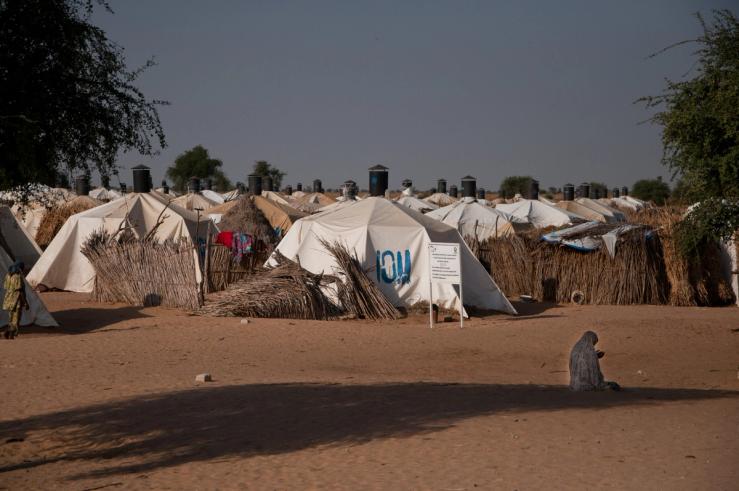The News
Dozens of people are feared to have been abducted by suspected Islamist insurgents in northeastern Nigeria this week, in one of the worst mass abductions to have taken place in the country since 2014, when the kidnapping of 276 schoolgirls shocked the world.
The abduction took place on Monday in the remote Gamboru area in the state of Borno, which borders Chad and Cameroon, Reuters reported.
One local official told the news agency that gunmen kidnapped at least 50 people at a camp for the internally displaced, ambushing victims as they collected firewood to cook or sell. Some local media outlets reported that as many as 300 people may have been taken hostage.
While both Boko Haram and its rival, the ISIS-affiliated Islamic State West Africa Province (ISWAP), are known to operate in the region, neither militant group has claimed responsibility for the attack.
The insurgents’ more than decade-long war with Nigeria’s secular state has killed at least 35,000 people and displaced more than two million, while the United Nations says as many as 350,000 deaths have been directly or indirectly caused by the conflict.
SIGNALS
Nigeria’s army is underfunded and corruption is rife
When he assumed office in 2023, Nigerian President Bola Tinubu declared security to be his “top priority” – yet 3,600 kidnappings took place last year, more than ever before, The Economist reported. The country’s defense spending has not kept pace with inflation, and while the Nigerian army has equipped itself with sophisticated weapons systems such as strike drones, these “fail to tackle the roots of the problem” and have led to accidental civilian deaths, the newspaper said.
Meanwhile, little public oversight means corruption is rife, and much of the defense spending goes towards paying those who got Tinubu elected. “Defense is a really prime part of the budget where you can take large quantities of money out without people being any the wiser,” Matthew Page, a security analyst at U.K. think tank Chatham House told the paper.
Increase in infighting since the 2021 death of Boko Haram leader
Since the death by suicide of Boko Haram leader Abubakar Shekau in 2021, Nigeria’s Islamist fighters have “turned their guns on each other,” the International Crisis Group said in a Q&A, with ISWAP, an offshoot of Boko Haram, succeeding in consolidating power against its now-rival.
While Boko Haram is now weaker on the battlefield, the group’s “predation on civilians” is more severe than that of ISWAP, which allows people freedom of movement and normal engagement in commerce, Crisis Group said.
Negotiations to end hostilities have yielded few results because the country’s Islamist insurgents keep “fragmenting, splitting into vying camps,” The Wall Street Journal reported.
While Nigeria has been holding peace talks with the ISWAP faction, some senior military and intelligence officials are distrustful, the WSJ reported, believing that representatives may not represent the group in its entirety, “let alone the Boko Haram rebellion it broke from.”



